A federal court has set March 2026 as the trial date for Elon Musk’s lawsuit against OpenAI over an alleged breach of charitable trust. This comes three months after both tech leaders engaged in a public war of words.
Musk aims to prevent OpenAI from changing its status from a nonprofit to a for-profit company. OpenAI is currently seeking $40 billion in funding, half of which depends on the company becoming for-profit by the end of this year.
If OpenAI proceeds with the conversion but loses in court, it may be forced to reverse the change. During the hearing, OpenAI’s lawyer agreed to a slower process to allow more time for expert testimony.
The trial will examine whether OpenAI violated its nonprofit obligations—such as by accepting investment from Microsoft and attempting to transition to a for-profit model. Last month, the judge denied Musk’s request to block OpenAI’s planned restructuring.
OpenAI, the maker of ChatGPT, has pulled back from a major plan to shift control from its nonprofit parent to a more profit-driven model. The reversal follows legal pressure and a high-profile lawsuit from co-founder Elon Musk, who claims the company has strayed from its original mission. In a blog post on Monday, CEO Sam Altman said the nonprofit will continue to oversee OpenAI’s for-profit operations.
“OpenAI was founded as a non-profit, is today a non-profit that oversees and controls the for-profit, and going forward will remain a non-profit that oversees and controls the for-profit. That will not change,” Altman wrote.
“We are committed to this path of democratic AI. We want to put incredible tools in the hands of everyone. We are amazed and delighted by what users are creating with our tools, and how much they want to use them. We want to open source very capable models. We want to give our users a great deal of freedom in how they use our tools within broad boundaries—even if we don’t always share the same moral framework—and allow them to decide how ChatGPT behaves,” Altman added.
This marks a shift from OpenAI’s December 2023 plan, which aimed to convert its for-profit arm into a Public Benefit Corporation (PBC). The goal was to attract large investments and bypass certain legal constraints on nonprofits. Under that plan, the nonprofit would have held shares in the new company but would have lost control over it.
Elon Musk and Sam Altman, two of Silicon Valley’s most prominent tech figures, are now locked in a public clash over the future of OpenAI, the creator of ChatGPT.
Musk, CEO of Tesla and SpaceX, has filed several lawsuits over the past year in an effort to stop Altman from turning OpenAI’s partly nonprofit structure into a fully for-profit enterprise.


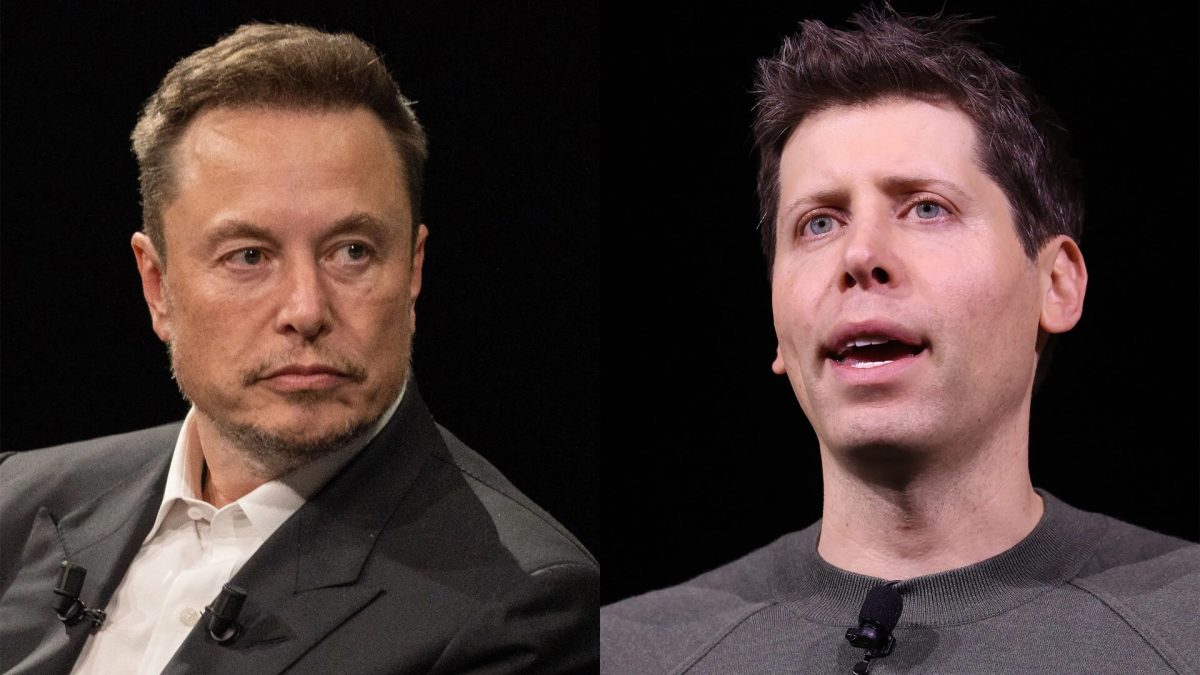)
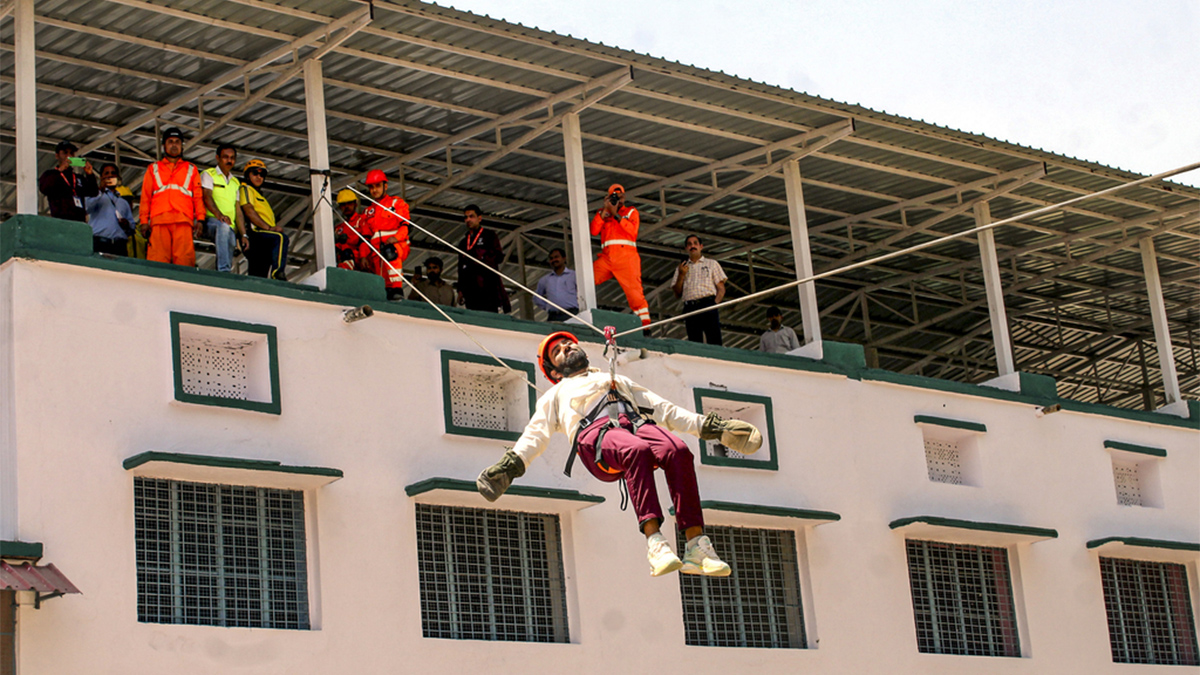)
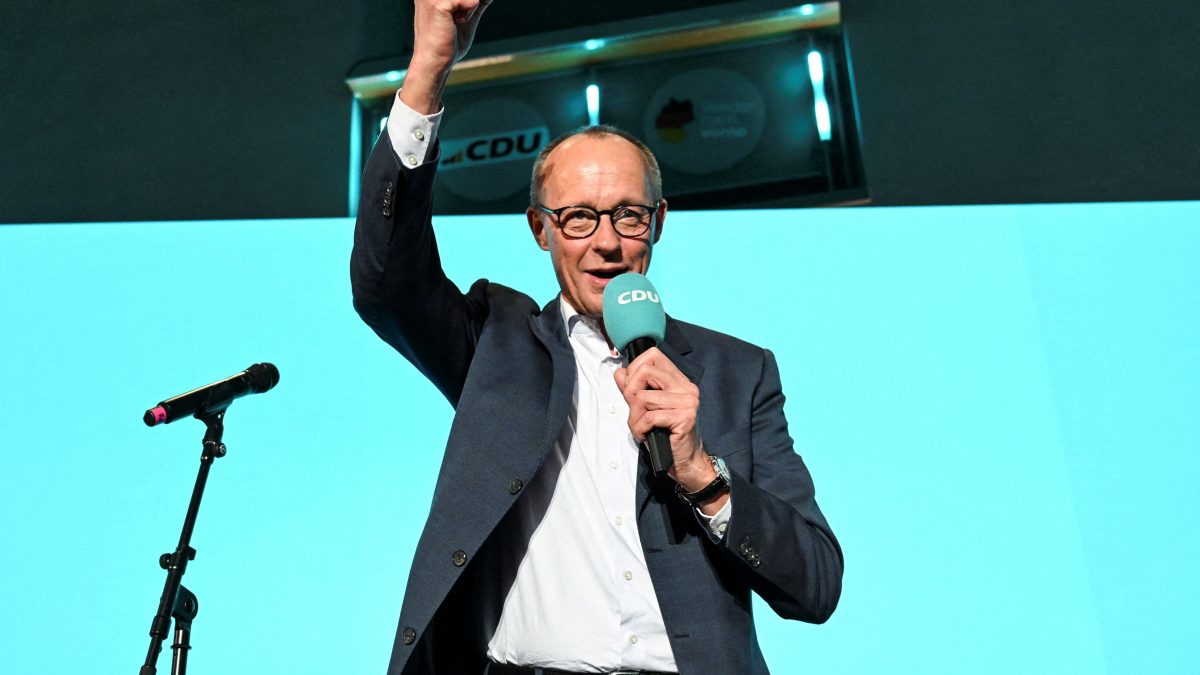)
)
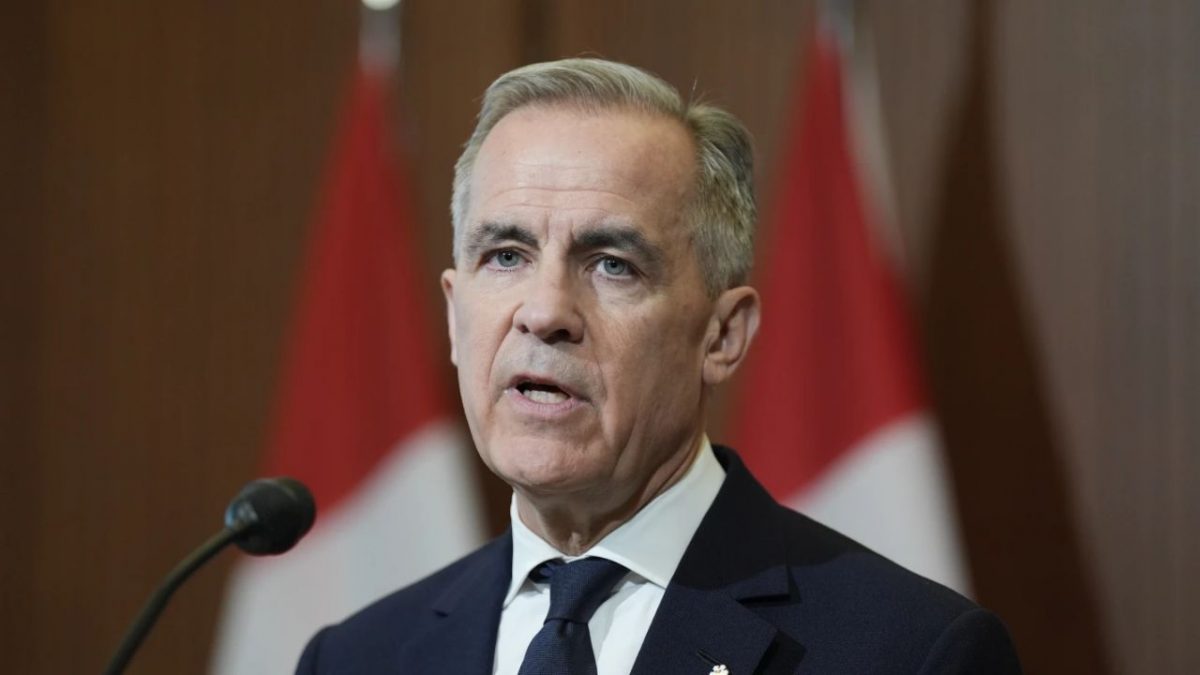)
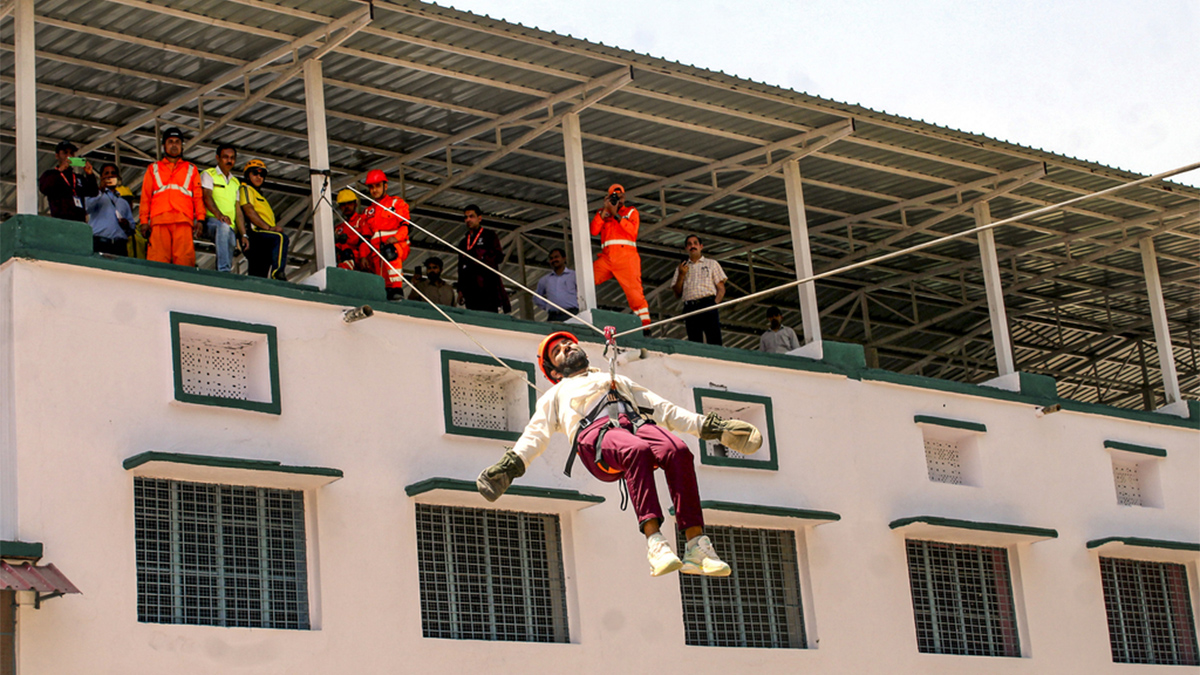)
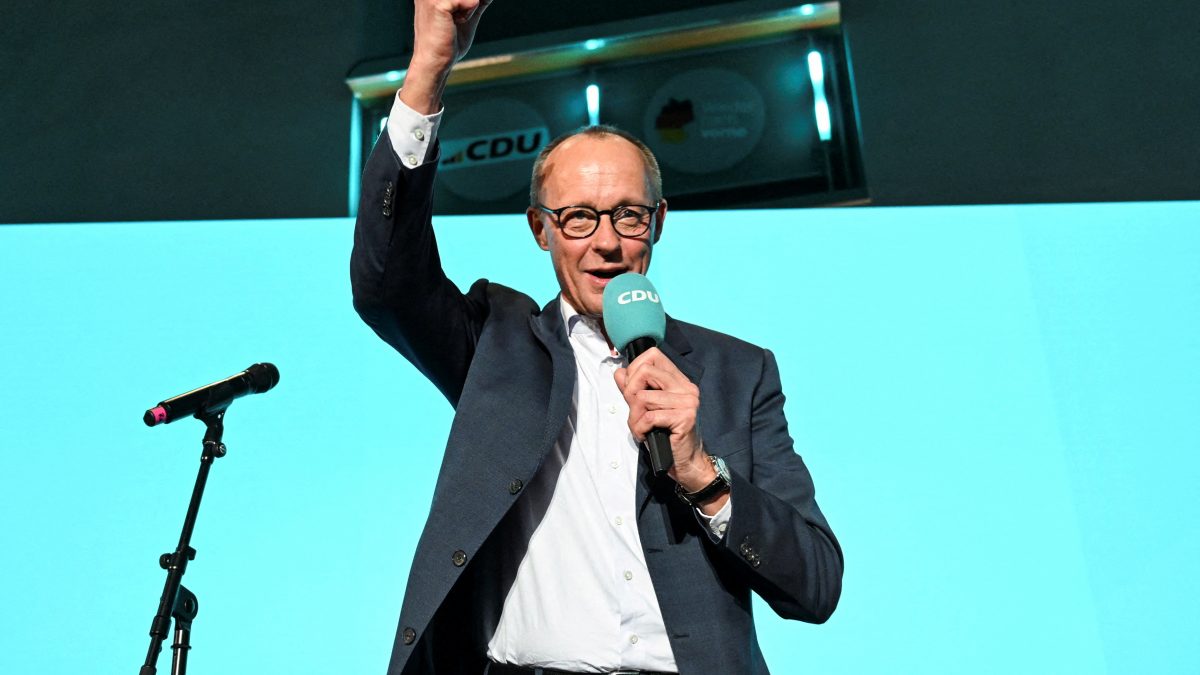)
)
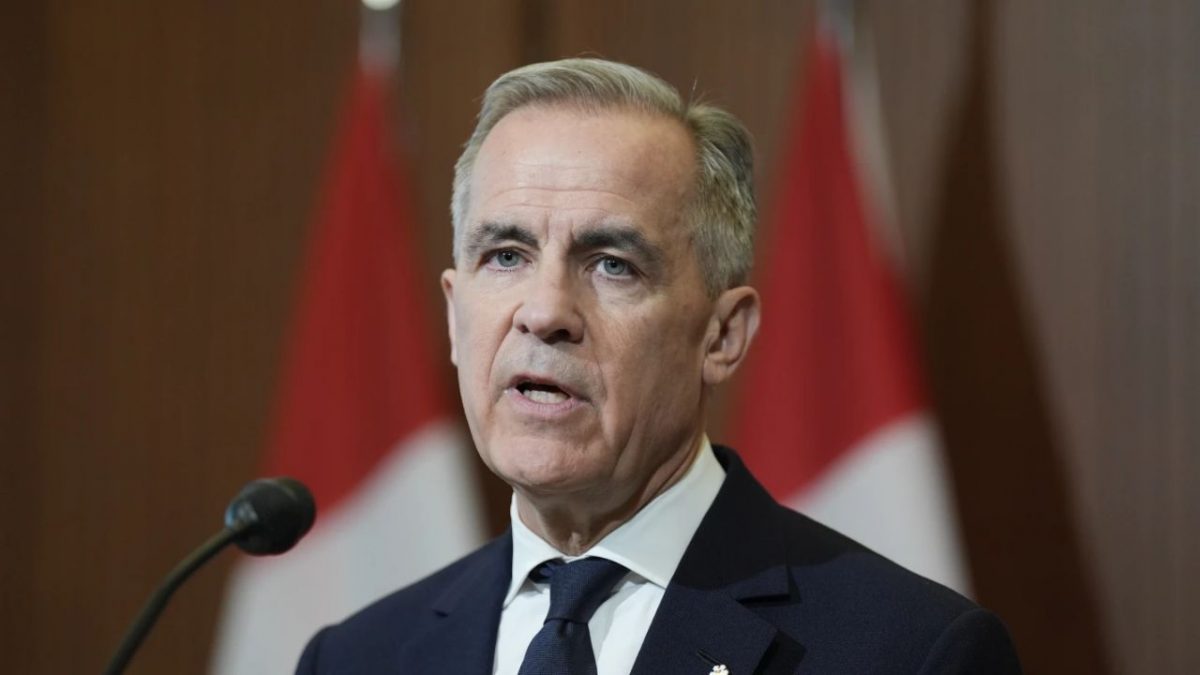)